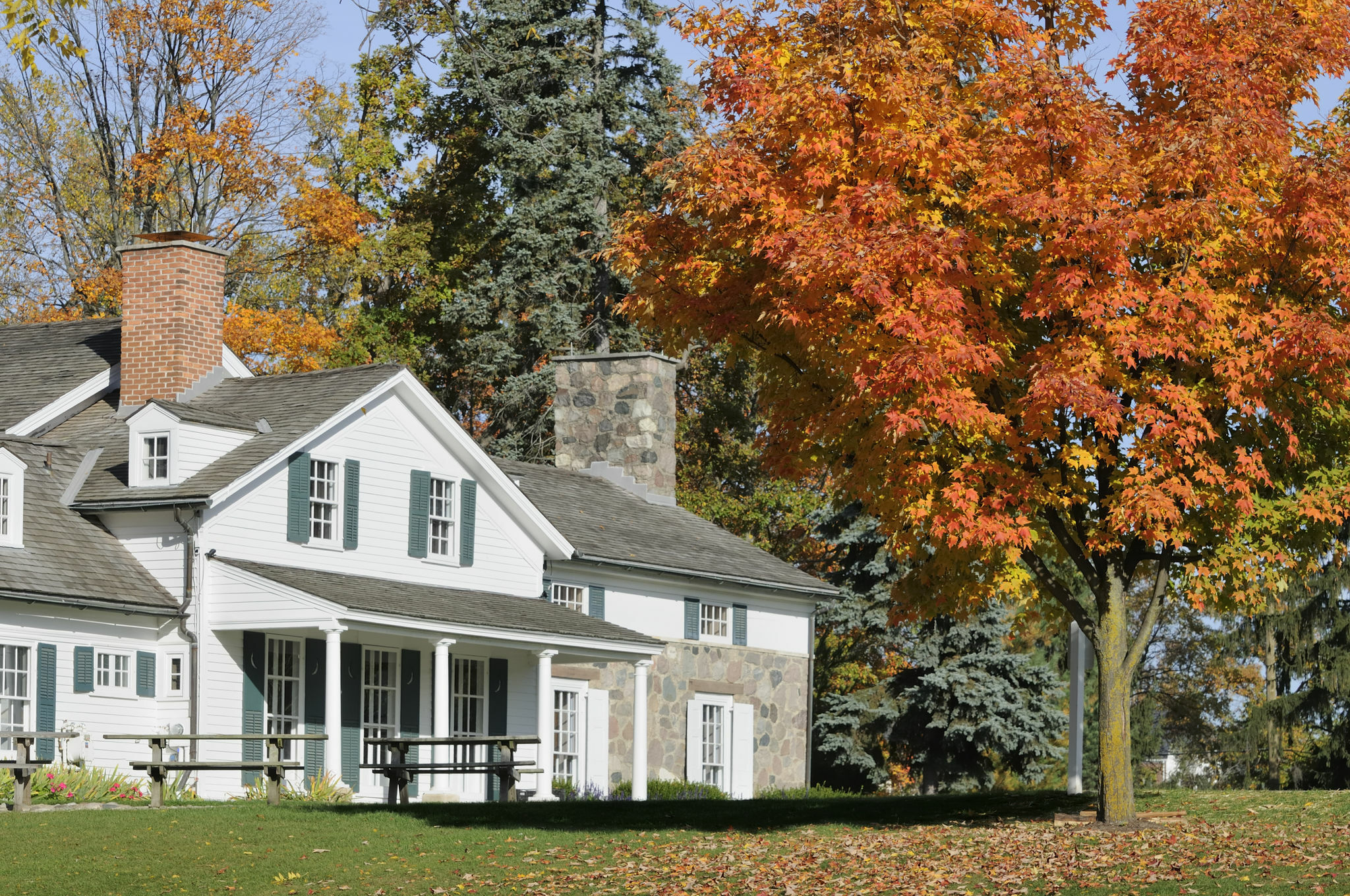Table of Contents
Understanding the 6 reasons Why Are Michigan Houses Cheap? The state offers some of America’s most affordable housing due to high supply, depressed local economies, good value, appeal to investors, less sprawl, and promising prospects as Michigan continues its economic rebound.
Michigan offers some of the most affordable housing in the United States, with median home prices significantly below the national average. Several factors contribute to the state’s very reasonable real estate market.
Why are Michigan houses cheap in the winter season?
Winter in Michigan often means lower house prices due to several factors. Snow cover can hinder property assessment, motivating sellers to negotiate prices. With fewer buyers and lower competition, sellers may be more eager to close deals before the school year. Plus, December often offers lower mortgage rates, making it an attractive time for buyers. Overall, winter can be a buyer-friendly season for purchasing a home in Michigan.

High Supply and Low Demand
One of the main reasons Michigan home prices are so low is that there is significantly more supply than demand in many areas.
- Michigan’s population growth has lagged behind other states, leading to an oversupply of houses on the market. There simply aren’t enough buyers for the amount of homes available.
- Out-migration from Michigan cities like Detroit and Flint due to the loss of auto manufacturing and other jobs has further reduced demand. There are a lot of vacant homes looking for buyers.
- The foreclosure crisis hit Michigan hard, putting thousands of distressed properties on the market and bringing prices down. Many areas are still recovering from the glut of foreclosures.
- An older housing stock means many more homes are available than just new construction. Much of Michigan’s housing was built decades ago.
With low demand and ample supply, home prices stay affordable. Sellers have difficulty finding buyers even when setting low list prices.
Depressed Local Economies
- In many Michigan locales, the loss of key industries like automotive manufacturing has severely reduced economic prosperity. High unemployment and low wages limit how much buyers can spend on housing.
- Population declines in cities like Detroit, Flint, Pontiac, and others also signal weak economic conditions. When areas lack job opportunities, people move away, further reducing housing demand.
- Low median incomes in many Michigan metros make buying expensive homes out of reach for many residents. Affordable prices are necessary to match what buyers can pay.
- Slow economic growth and few new major employers located in Michigan limit housing demand. There is not much job-driven relocation occurring, unlike faster-growing states.
Without economic expansion and rising incomes, Michigan housing prices have stagnated at very reasonable levels compared to the rest of the country.

Good Value for the Money
Despite low prices, Michigan offers excellent value in terms of the property and community features homebuyers can obtain.
- Home sizes are generally larger on average than comparable-priced houses in other states. Upper midwest homes tend to have ample square footage.
- Newer construction often incorporates desirable amenities like open floor plans, granite countertops, master bedroom suites, and finished basements. Older homes often have characteristics like wood floors and dormers.
- Michigan homes routinely come with additional perks like two or three-car garages, built-in pools, barns, and extra acreage. Lots tend to be bigger.
- Empty nesters and remote workers can find move-in ready lakefront houses for a fraction of big city prices. Waterfront property is very affordable.
- Housing submarkets near employment centers like Ann Arbor and Grand Rapids offer good value for tech workers compared to West Coast tech hubs.
- Michigan’s low cost of living makes reduced housing costs go further. Groceries, utilities, entertainment, and other expenses are below average.
Homeseekers get more for their money when buying Michigan real estate. Despite low prices, the homes offer ample amenities and appeal.
Good Opportunities for Investors
savvy real estate investors, affordable Michigan housing presents an opportunity to get good cash flow from rental properties.
- With a high supply, there is less competition from other investors looking to buy. More inventory allows investors to scoop up properties.
- Low purchase prices keep capital costs down. Investors can grab cash-flowing rentals for a fraction of the prices in more expensive states.
- Solid renter demand makes finding tenants for Michigan rentals fairly easy, especially in college towns like Ann Arbor and East Lansing. Occupancy rates usually remain high.
- Reasonable taxes and insurance costs help maximize investor profits from Michigan rentals. Operating expenses take less of a bite out of cash flow.
- Appreciation potential exists in recovering markets like the Detroit metro. Investors can ride the growth as local economies strengthen.
From fix-and-flip projects to buy-and-hold rentals, Michigan real estate offers strong prospects for investors. Affordable housing is easy to acquire and manage profitably.
Less Urban Sprawl
Unlike some regions of the country with runaway development patterns, Michigan has had less housing sprawl and retains more open spaces.
- Declining populations in major metros mean less demand for endless new subdivisions. The pressure for sprawl has eased.
- Many municipalities enact urban growth boundaries to preserve farmland and steer development back to urban cores. This also curbs sprawl.
- Efforts to revitalize urban neighborhoods reduce the demand for ever-outward expansion into exurbs and rural areas. Infill projects gain appeal.
- Michigan’s vast freshwater supply keeps development concentrated nearer the Great Lakes rather than spreading unabated across the landscape.
With less sprawl, housing near lively downtowns and choice of rural properties maintain demand. Less competition from endless tract housing helps keep prices stable.
Good Prospects for the Future
Looking ahead, Michigan’s housing prices should climb moderately as the state continues its economic rebound.
- Job creation in fields like technology, healthcare, and professional services will bring new residents and boost housing demand.
- Renewed interest in walkable urban lifestyles bodes well for revitalized cities like Detroit, Grand Rapids, and Lansing as millennials seek housing near amenities.
- Michigan’s central location, affordability, cultural assets, and natural resources will drive population growth as more people relocate for quality of life.
As local economies energize further, housing demand and prices are likely to rise accordingly. But Michigan’s high livability and value proposition should remain compelling.
Final Words
In summary, plentiful supply, depressed demand in struggling metros, good value, strong investor appeal, less sprawl, and promising economic prospects all help explain why Michigan housing remains very reasonably priced. Savvy buyers and investors can capitalize on Michigan’s affordable real estate.




